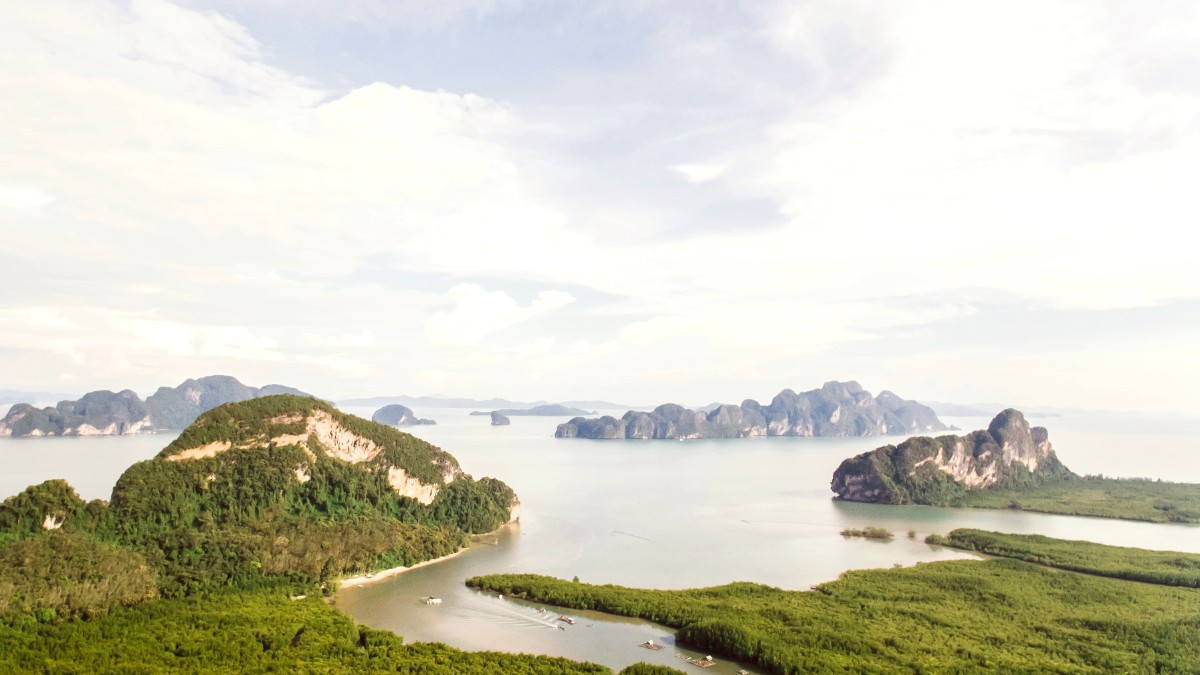
British Virgin Islands
Average daily temperatures on Tortola remain pleasant, ranging from 75°F (24°C) to 88°F (31°C) year-round. Sea temperatures are similarly warm, making swimming and water activities comfortable at any time.
Precipitation varies: Dry Season (December to May) has lower rainfall and less humidity. Wet Season (June to November) sees rainfall and humidity rise, with tropical storms more probable.
Hurricane season runs from June 1 to November 30, with the highest risk from August to October. Travelers during this period monitor weather forecasts closely.
Travel insurance covering weather-related cancellations is strongly advised. Many properties have hurricane policies, so check these when booking.
Mid-December to May
Ideal weather, sunny, less rain, pleasant trade winds. Major holidays.
Highest prices for accommodation, flights, charters. More crowds, book well in advance.
June, November, early December
Good balance of weather, fewer crowds, slightly lower prices. Good for most activities.
June marks hurricane season start, minor risk of tropical weather. Some lingering wet season effects.
July to October
Most budget-friendly, lowest prices for flights and accommodations. Fewest crowds, authentic local experience.
Peak hurricane season, higher risk of storms. Hotter, higher humidity. Some businesses may close.
The official currency of the British Virgin Islands is the United States Dollar (USD). This simplifies transactions for US travelers. ATMs are available in Road Town and larger tourist areas. Visa, MasterCard, and American Express are widely accepted at hotels, larger restaurants, and shops. Smaller local businesses, street vendors, and taxis may prefer or require cash. Carry some smaller USD denominations for small purchases, taxi fares, and tips.
Tortola is not a budget travel location, but planning manages expenses. Daily cost estimates (per person) include accommodation, meals, transportation, and basic activities. These estimates do not include flights to the BVI or major excursions like yacht charters.
$100 - $200 (basic guesthouse, local eateries, public safari buses, free activities)
$200 - $450 (mid-range hotel, mix of casual/nicer restaurants, taxis, guided tours)
$450+ (boutique hotel, fine dining, private transfers, private boat charters)
Customary and much appreciated. Restaurants: 15-20% (check for service charge). Taxis: 10-15%. Hotel staff: $1-2 per bag, $2-5 per day housekeeping. Tour guides/crew: 15-20% of tour cost or $10-20 per person.
Self-catering. Opt for local eateries. Use public transportation. Pack sunscreen and insect repellent. Use a reusable water bottle. Look for happy hour specials. Consider shoulder or low season travel.
The BVI is a British Overseas Territory, and its immigration policies align with this status.
Travelers from the United States, United Kingdom, and Canada do not require a visa for stays up to 30 days. Many EU citizens also enjoy visa-exempt status. A valid passport, proof of onward travel, and accommodation details are customary.
No specific vaccination certificates are generally necessary for entry. Routine vaccinations are wise. Consult a healthcare professional.
Peebles Hospital in Road Town provides general medical and emergency care. Several private clinics are also available.